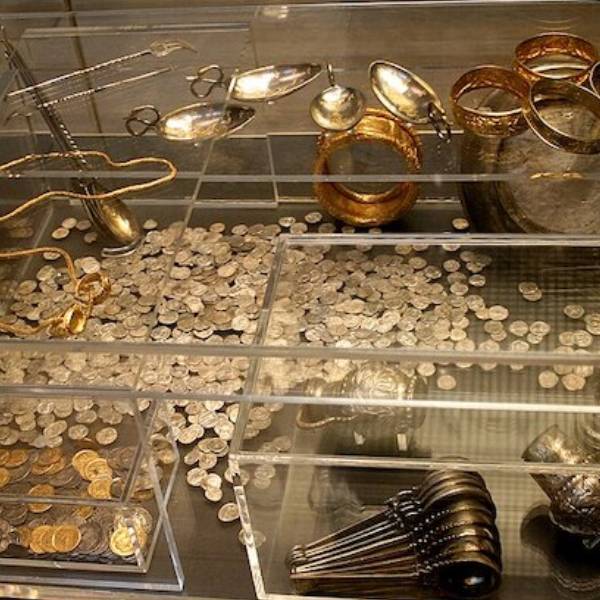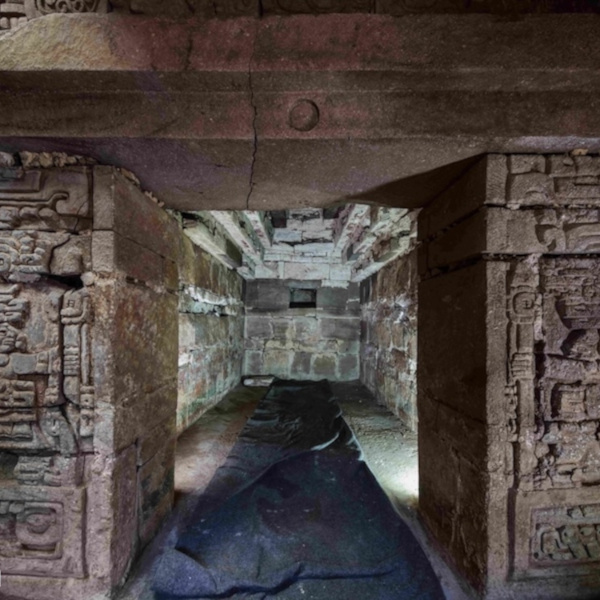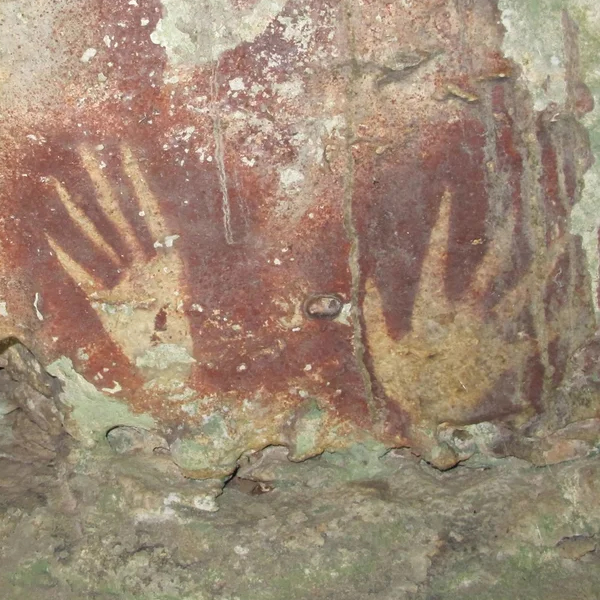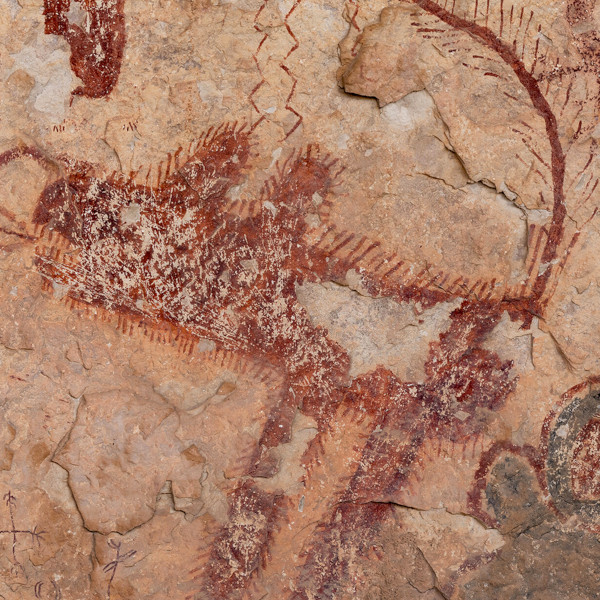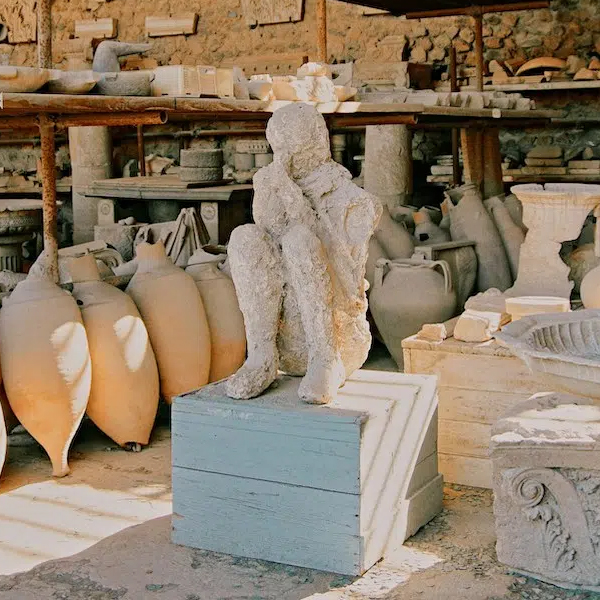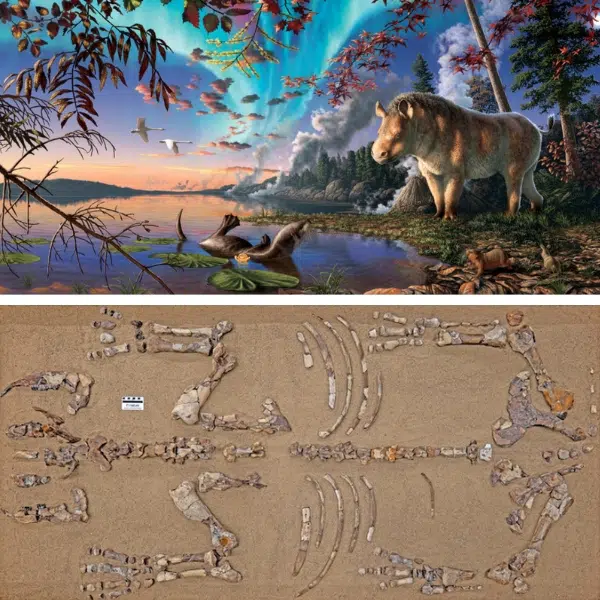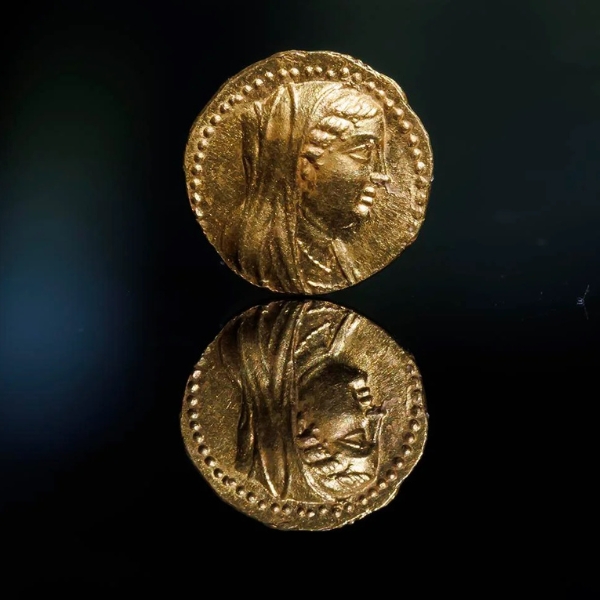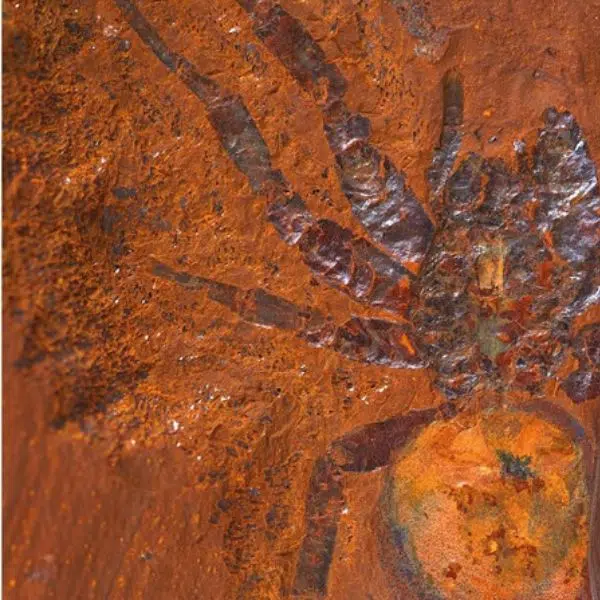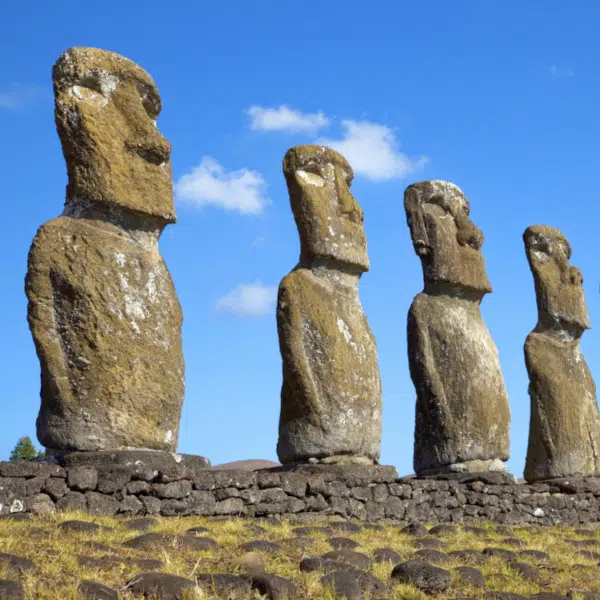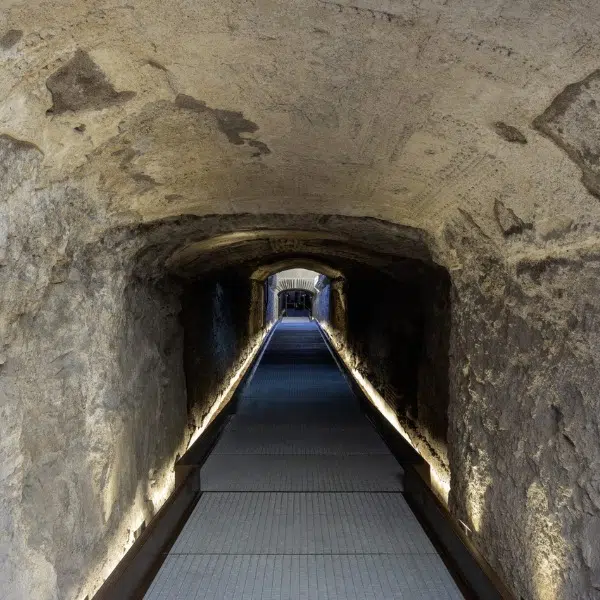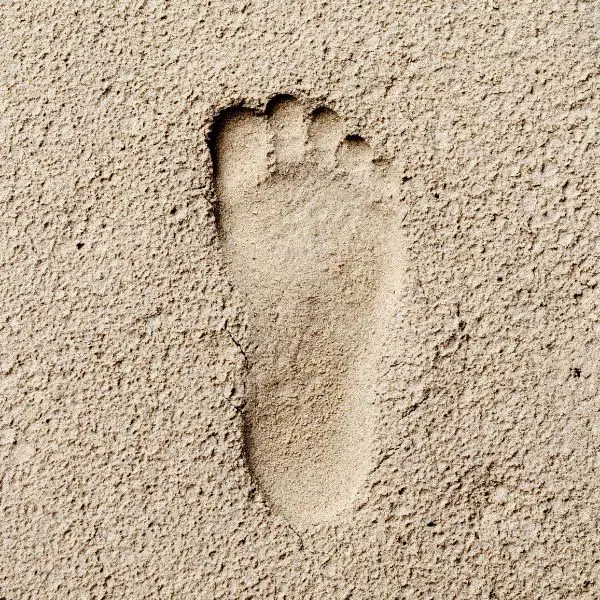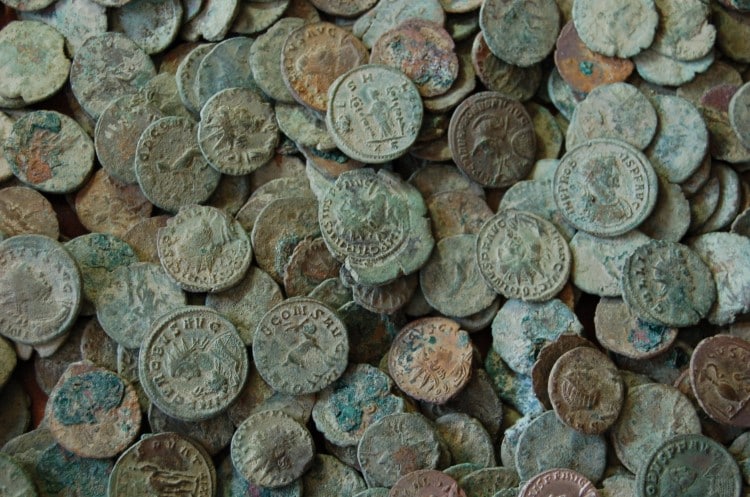
Photo: Portable Antiquities Scheme via Wikimedia Commons (CC BY-SA 2.0)
Anyone armed with a metal detector is often looking for buried treasure, but in 2010, one man from the UK found more than he could have ever expected. Hospital chef Dave Crisp was searching for metal objects in a field in southwest England when he hit upon something unusual—a pot filled with Roman coins.
At the time, CNN reported that Crisp initially saw 21 coins, but when he began to unearth the pot, he realized he needed to call in professionals. The UK's Portable Antiquities Scheme is set up to incentivize the public to report archeological finds and Crisp took full advantage.
County archeologists excavated the enormous vase, which would have been used for food storage. It weighed 350 pounds and contained 52,503 coins dating from 253 to 305 CE.
“At the time I actually found the pot I didn’t know what size it was but when the archaeologists came and started to uncover it, I was gobsmacked, I thought, ‘Hell, this is massive,'” Crisp told CNN.
Incredibly, 766 coins bore an image of the Roman general Marcus Aurelius Carausius, the first Roman emperor to mint coins in Britain. After the excavation, the coins were sent to the British Museum to be cleaned and recorded. It took six weeks to dry out and stabilize all the coins, which were mainly bronze. Five rare silver coins called denarii were also in the hoard. Issued by Carausius, they were the only type of silver coin to be struck in the Roman Empire at the time.
Roger Bland, a numismatist who was then Head of Portable Antiquities and Treasure at the British Museum, speculated on why they would have been buried in the first place: “We think that whoever buried it didn't intend to come back to recover it. We can only guess why people buried treasure, some buried savings, others because they feared an invasion, perhaps this was an offering to the Gods.”
They are now called the Frome Hoard, after the location where they were found. When the initial discovery was made, it was believed that the coins had a value of $1 million. This value is important because under the UK's 1996 Treasure Act, the hoard could be purchased by a museum and half of the proceeds would be given to the finder. In this case, Dave Crisp.
However, the actually sum, while still significant, was a fair bit lower. In October 2010, the country's Treasure Valuation Committee valued the hoard at $505,995 (£320,250). In 2011, they were purchased by the Museum of Somerset and placed on permanent display. For his part, Crisp netted a tiny fee for his find even after dividing his earnings with the farmer whose land he found the hoard on.
In 2010, hospital chef Dave Crisp was searching a field with a metal detector in southwest England when he discovered a pot filled with over 52,000 Roman coins.
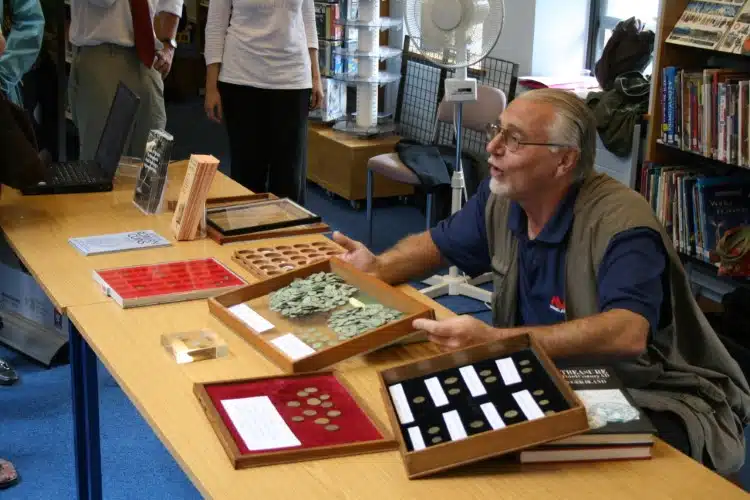
Dave Crisp at Frome Library on 22 July 2010, holding a tray of coins from his find (Photo: Portable Antiquities Scheme via Wikimedia Commons, CC BY-SA 2.0)
Five rare silver coins called denarii were also in the hoard.
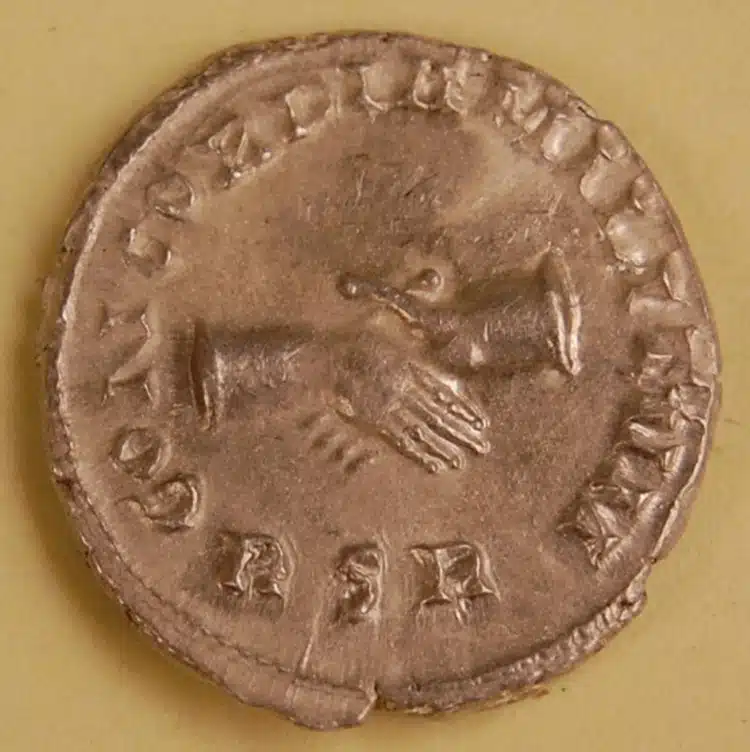
Carausius silver denarius from the Frome Hoard. (Photo: Portable Antiquities Scheme via Wikimedia Commons, CC BY-SA 2.0)
All of the coins, known as the Frome Hoard, were purchased by the Museum of Somerset for $505,995.
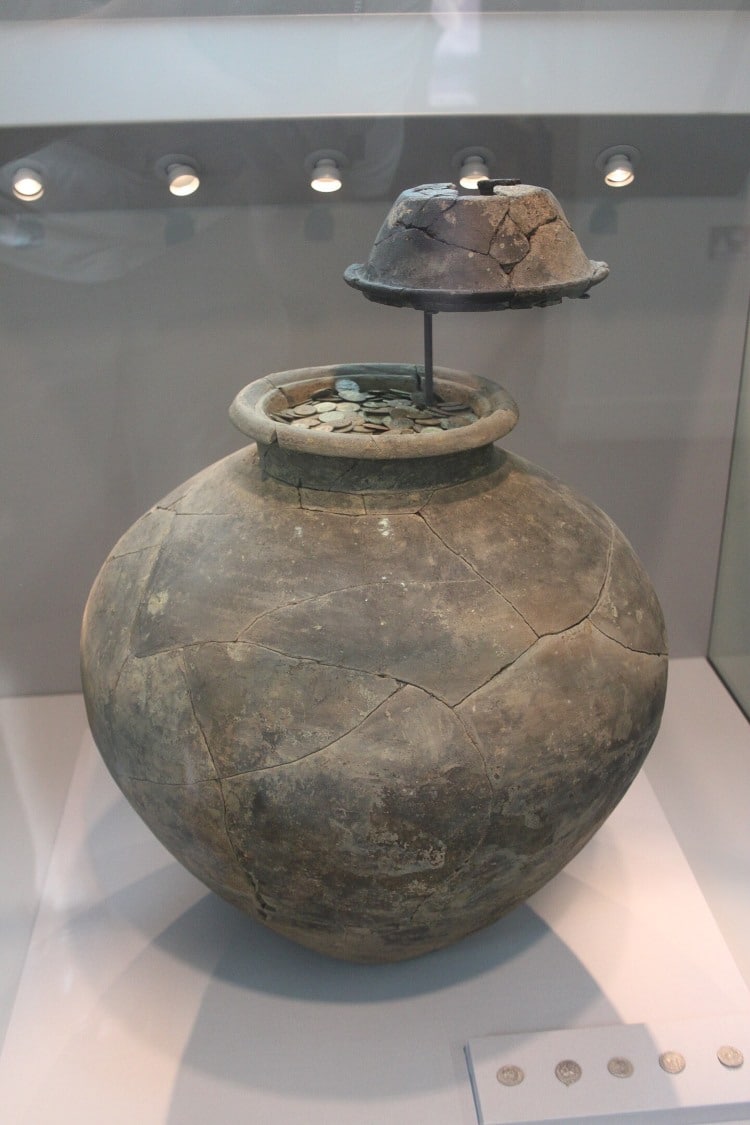
The Frome Hoard at the Museum of Somerset (Photo: Rodw via Wikimedia Commons, CC BY-SA 3.0)
Related Articles:
Two Rare Dimes Worth $2 Million Dollars Each Are Still in Circulation
Divers Discover Nearly 50,000 Submerged Coins Off the Coast of Italy
Japanese Archaeologists Dig Up Jar Filled With Over 200,000 Bronze Coins
Man Finds Buried Hoard of 700 Civil War-Era Gold and Silver Coins On His Farm











































































